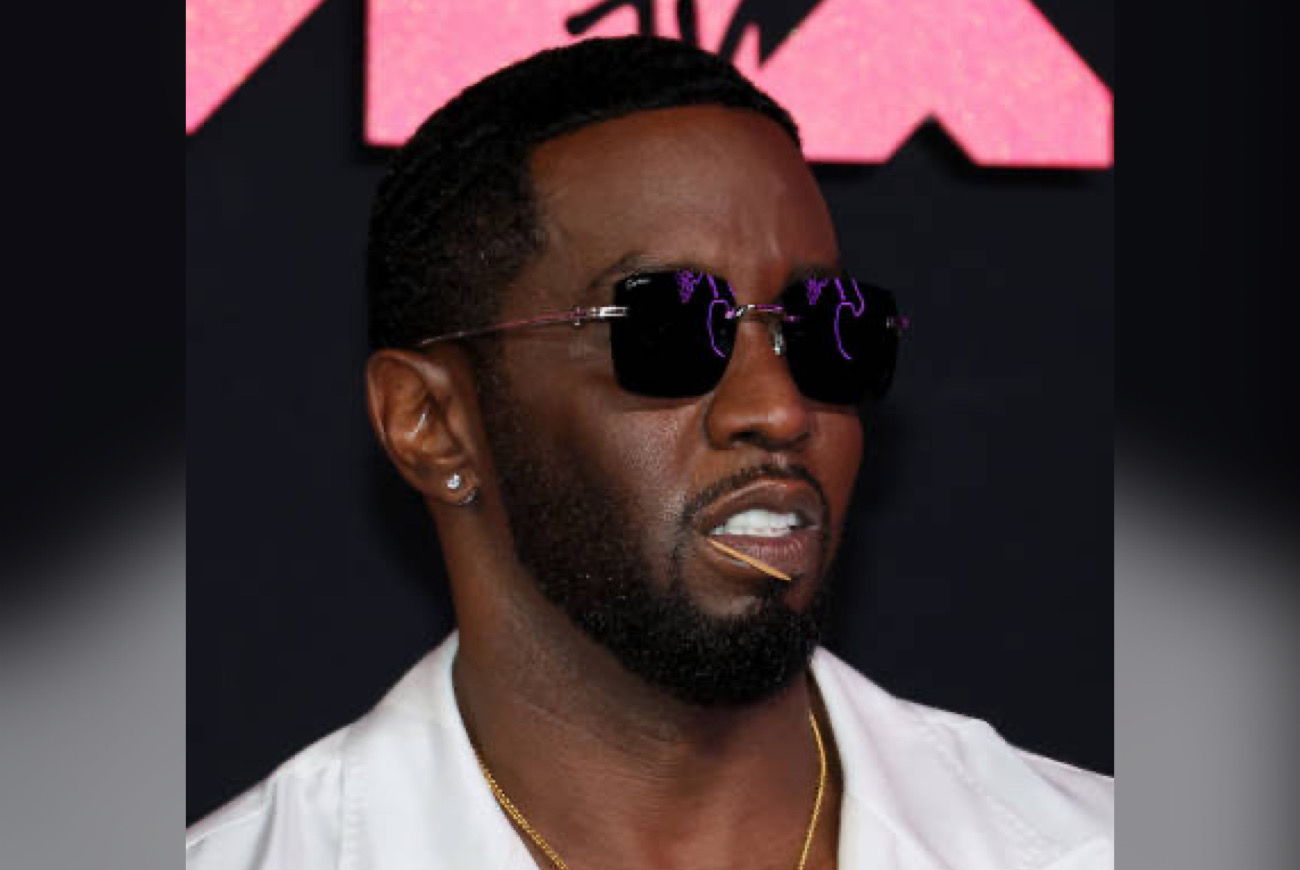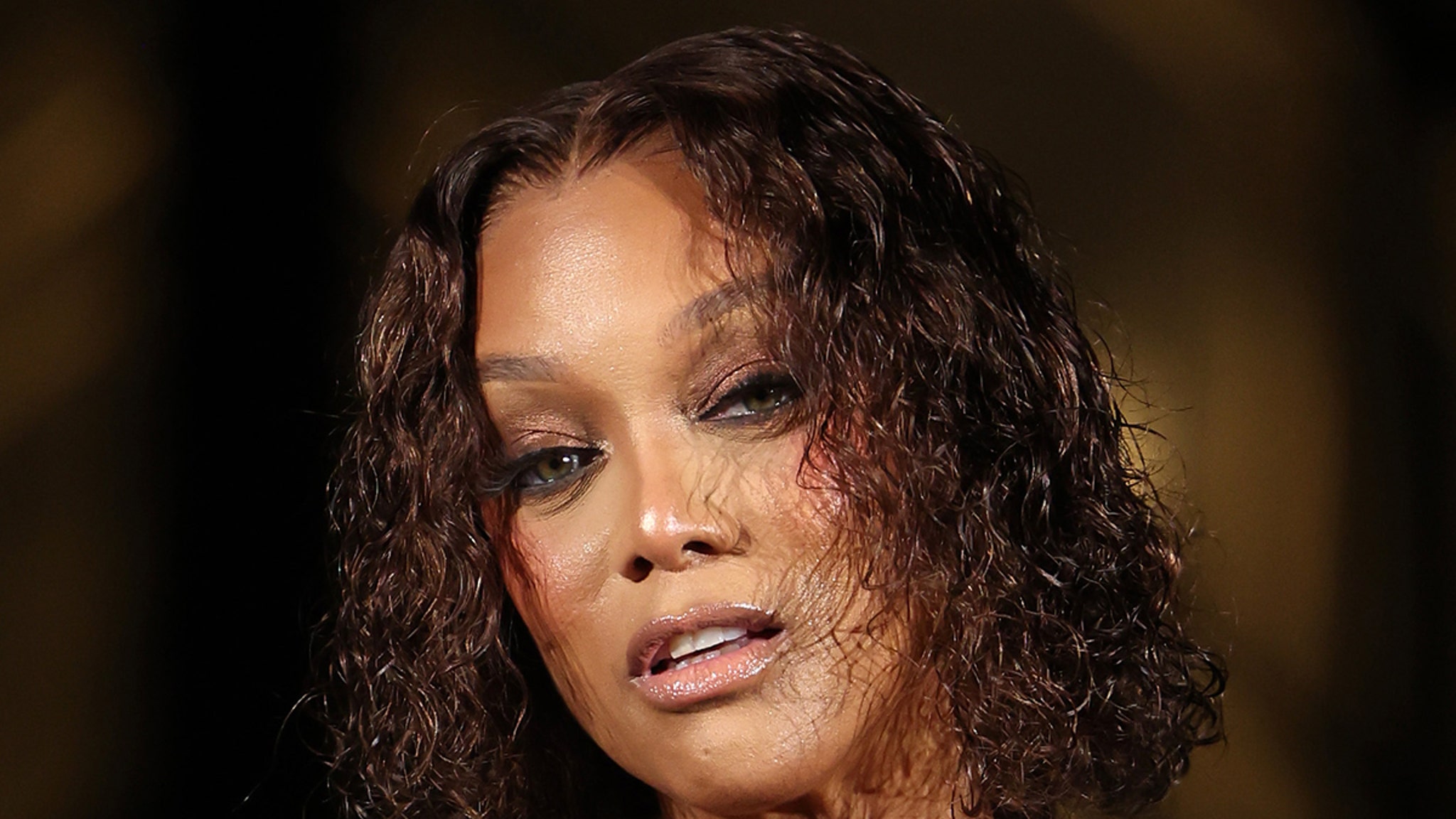The Federal Push: Prosecutors Seek 11 Years in Prison for Diddy
Federal prosecutors are turning up the heat, saying Sean “Diddy” Combs deserves more than 11 years behind bars after his recent conviction. The hip-hop mogul, once celebrated as a global icon, is now facing a harsh reality after being found guilty of two counts of transportation to engage in prostitution under the Mann Act.
Prosecutors argue that this sentence is not just about punishment—it’s about accountability. They pointed out that Diddy has shown no remorse and “engaged in violence and put others in fear.” In their 189-page submission to Judge Arun Subramanian, U.S. Attorney Jay Clayton wrote: “Consistent with those cases and based on the corroborated evidence presented at trial, this Court should impose a sentence of no less than 135 months’ imprisonment.”Diddy was acquitted of racketeering and sex trafficking charges, but prosecutors made it clear: the guilty verdict on Mann Act charges still carries serious weight. Each count carries up to 10 years. If the court follows the recommendation, Diddy could be away for more than a decade.
Cassie Speaks Out: Letters to the Judge
Cassie Ventura, Diddy’s former girlfriend, did not hold back in her statement to the court. She described years of trauma, saying the so-called “freak offs” left her with “infections, illnesses, and days of physical and emotional exhaustion before he demanded it all again.” Cassie added, “Sex acts became a full-time job, used as the only way to stay in his good graces.”
Her letter painted a painful picture, reminding the judge—and the public—that these were not isolated moments but a pattern of control and abuse. Cassie’s parents, Regina and Rodrick Ventura, also wrote directly to Judge Subramanian, demanding a sentence that reflects the “severity and depravity of the abuse.”
These letters aren’t just words. They are part of a growing body of testimony that prosecutors are using to show a consistent history of exploitation. With Cassie still dealing with nightmares, flashbacks, and therapy to cope with the trauma, her words underscore the long-term damage inflicted.
The Defense Fights Back
Diddy’s legal team isn’t backing down. In their submission, they pushed for no more than 14 months—a sentence that would practically set him free since he’s already served nearly 13 months in custody after being denied $50 million bail.
“Mr. Combs’s celebrity status in the realms of music, fashion, spirits, media, and finance has been shattered and Mr. Combs’s legacy has been destroyed,” his lawyers wrote. Their argument is that Diddy has already lost everything that defined his success.
But prosecutors shot back, saying the defense tried to “recast decades of abuse as simply the function of mutually toxic relationships.” They emphasized: “There is nothing mutual about a relationship where one person holds all the power and the other ends up bloodied and bruised.”
The Bigger Picture: Why Prosecutors Are Standing Firm
Prosecutors made it clear this case is about more than Diddy—it’s about sending a message. Mann Act violations often come with heavy time, and they argue Diddy should be no exception. They pointed to his history of “years of abuse and violence,” insisting the punishment must match the crime.The federal team highlighted that high-profile names should not change the rules. “The defendant should be no exception—particularly when his history and characteristics demonstrate years of abuse and violence,” their submission stated.
This stance reflects a shift in how prosecutors are holding celebrities accountable. The trial, which included disturbing testimonies and shocking letters, forced the court to confront the power imbalance between Diddy and those around him.
What Comes Next: Sentencing Day Approaches
Judge Arun Subramanian now faces the tough decision of how to weigh the evidence, the defense’s request, and the prosecution’s push for 11 years. Diddy’s sentencing is scheduled for Friday, and the world will be watching.
For some, this is justice long overdue. For others, it’s the fall of a cultural icon. No matter what the judge decides, this sentencing will go down as one of the most high-profile cases in recent music history.







